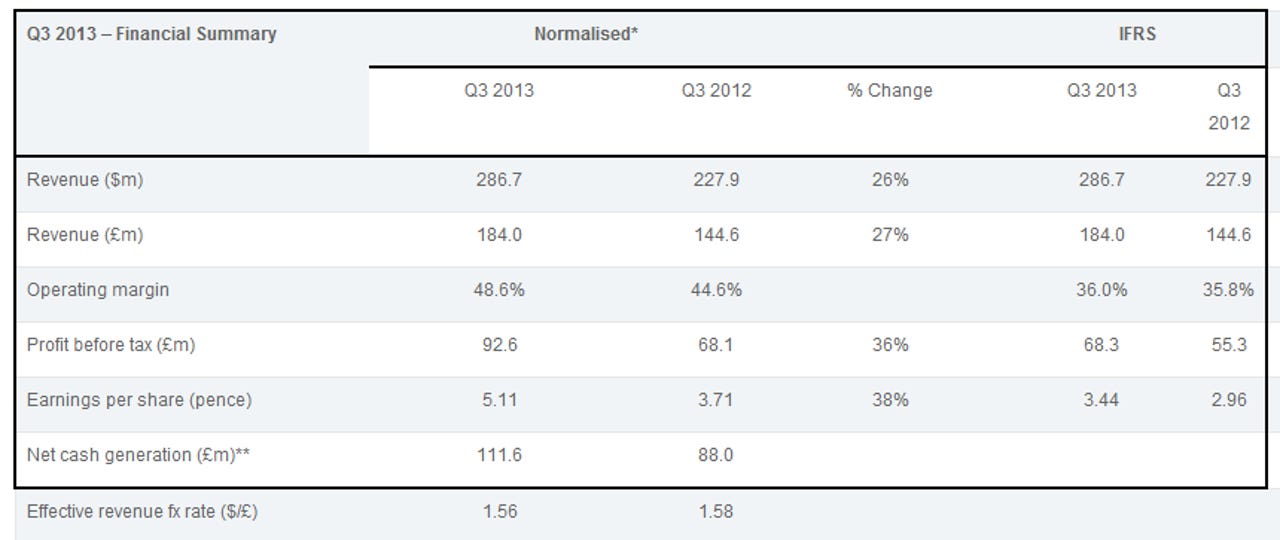IBM licenses ARM for networking chips

IBM on Thursday said it has licensed ARM Cortex processors from ARM Holdings as it offers custom chips to build routers, switches and cellular base stations.
For ARM, the Big Blue licensing deal is the latest covering networking and communications. Broadcom recently licensed ARM processors too.
IBM's plan is add ARM's 32-bit processors to its Power platform.
Specifically, IBM is licensing ARM Cortex-A15, Cortex-A12, Cortex-A7 and Cortex-M4 processors and the ARM Mali-450 Graphic Processing Unit (GPU). With ARM, IBM gets technology that will be power-efficient in embedded applications as well as sensors that will align with the Internet of things. IBM's smarter planet initiative intersects with the Internet of things and the analytics capabilities.
Indeed, Jefferies analyst Lee Simpson said in a research note that ARM has a lot of potential in the networking and communication space. Simpson said:
We have already seen Cavium and Broadcom shifting to ARM 64 bit designs. Allied to this is the potential ARM has to become the architecture of choice in web-centric data-centres over the next 3-5 years.
ARM this week reported strong third quarter results with processor licensing revenue offsetting weaker than expected licensing sales. ARM gets licensing revenue as the ecosystem builds devices and then collects royalties as those units are sold. An inventory correction in the mobile market hampered ARM's royalties in the third quarter.

Analysts, however, expect ARM's royalties to pick up via its Mali GPU and efforts like big.Little, an architecture that couples A7 and A15 processors to handle all workloads efficiently.
On a conference call with analysts, ARM CEO Simon Segars said that networking was a big growth area for the company. Segars said:
The other end market I would point to you would be enterprise networking. We just touched on that. But with the licensing that's gone on and with the first products that are now being shipped, that is an area where we do expect to see some good market share gains; and of course, that translates to volume. And given that those devices tend to be at the more expensive end of the spectrum, then that should be a good dollar contributor to our overall royalties.